Ho Chi Minh City People's Committee has just reported to the Government the project to merge Ba Ria - Vung Tau province, Binh Duong province and Ho Chi Minh City.
Accordingly, the new Ho Chi Minh City is 6,772 km2 wide, has a population of more than 13.7 million people, has 168 commune-level administrative units, including 113 wards, 54 communes and Con Dao special zone.
The administrative and political center of Ho Chi Minh City is located at 86 Le Thanh Ton, District 1 and 2 facilities at the Administrative Center of Binh Duong province (on Le Loi street, Phu Chanh ward, Thu Dau Mot city) and the Administrative Center of Ba Ria - Vung Tau province (on Pham Van Dong street, Phuoc Trung ward, Ba Ria city).
Regarding Party organizations, after the merger, Ho Chi Minh City has 6 grassroots Party organizations, including: Ho Chi Minh City People's Committee Party Committee, Party agency Party Committee, Public Security Party Committee, Military Party Committee, Border Guard Party Committee, Ho Chi Minh City National University Party Committee and 168 commune-level Party Committees.
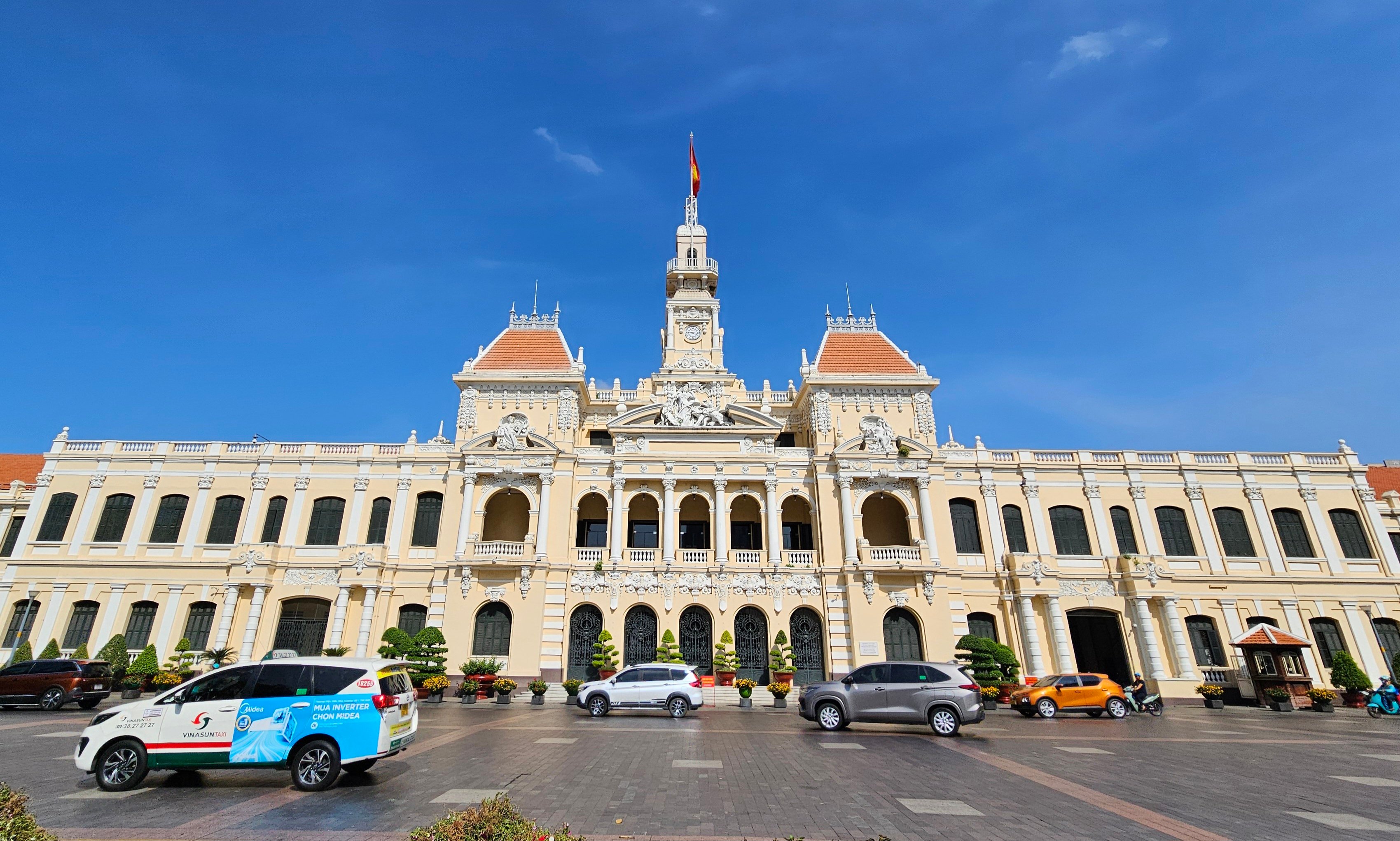
The Standing Committee of the Ho Chi Minh City Party Committee, the Binh Duong Provincial Party Committee and the Ba Ria - Vung Tau Provincial Party Committee coordinated with the Central Organizing Committee to advise the Politburo to issue a decision to establish a new Ho Chi Minh City Party Committee on the basis of rearranging 3 localities; appointing the Executive Committee, Standing Committee, Secretary, Deputy Secretary, members of the Inspection Committee, Chairman and Deputy Chairman of the Inspection Committee of the Party Committee for the 2025 - 2030 term.
No election of key leaders at provincial and communal levels after merger
According to the project, the local authorities at the two levels of Ho Chi Minh City and the commune level will complete the organizational arrangement and officially come into operation no later than September 15.
Specifically, the provincial People's Council delegates of Binh Duong, Ba Ria - Vung Tau and Ho Chi Minh City will form the new Ho Chi Minh City People's Council, continuing to operate until the end of the 2021 - 2026 term.
The positions of Chairman, Vice Chairman of the People's Council, People's Committee, Head, Deputy Head of the National Assembly Delegation, Head of the People's Council Committees and People's Committee members are not subject to election but are designated and appointed by the Standing Committee of the Ho Chi Minh City People's Council. In special cases, it is allowed to appoint personnel who are not People's Council delegates to hold leadership positions of the new Ho Chi Minh City People's Council. The Ho Chi Minh City People's Council has 4 committees: Legal, Economic - Budget, Cultural - Social, and Urban.
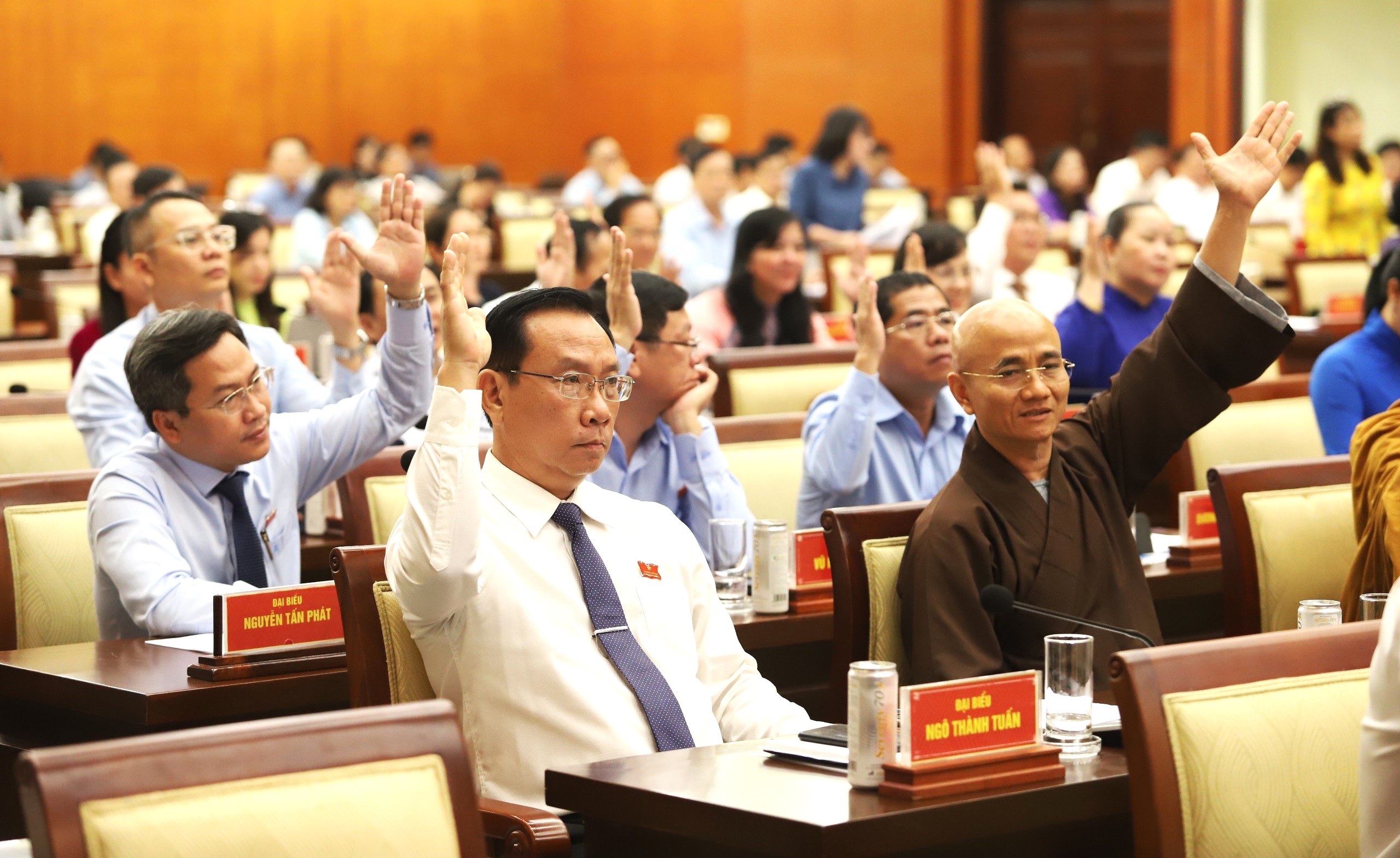
The Standing Committee of the Central Committee of the Vietnam Fatherland Front agreed with the Ho Chi Minh City Party Committee to decide to establish the new city's Vietnam Fatherland Front Committee, recognize the list of members, and the Standing Committee of the Vietnam Fatherland Front Committee (provisional).
For the department level, the project proposes a plan to reorganize specialized agencies of the new Ho Chi Minh City on the basis of arranging the original status of departments and administrative agencies of the three localities.
Accordingly, Ho Chi Minh City has 15 departments and equivalent agencies, the Department of Food Safety is piloting according to Resolution 98/2023 of the National Assembly, keeping the status quo of public service units.
At the commune level, People's Council delegates of communes in Ba Ria - Vung Tau province, Binh Duong province and Ho Chi Minh City will be merged into the People's Council of the new commune-level administrative unit according to the number, arrangement plan and continue to operate until the end of the 2021 - 2026 term.
The positions of Chairman, Vice Chairman of the People's Council, People's Committee; Heads of People's Council Committees and members of People's Committees are not elected but are appointed by the Standing Committee of the People's Council at the commune level. In special cases, it is allowed to appoint personnel who are not People's Council delegates to hold leadership positions of the People's Council at the commune level (newly established). The People's Council at the commune level has 2 committees: Legal and Economic - Social.
The new commune-level local government will complete the organization and officially come into operation no later than August 15.
For wards in Ho Chi Minh City, for the time being, no People's Council will be organized for the 2021-2026 term and the 2026-2031 term in accordance with the Law on Organization of Local Government.
End of non-professional activist duties
The project also provides a plan for arranging and assigning cadres, civil servants, public employees, and workers (collectively referred to as cadres and civil servants) when merging communes and not organizing at the district level.
Specifically, district and city-level officials and civil servants are transferred to the commune level and play a core role; former commune-level officials and civil servants are transferred to the new commune-level payroll, their duties end, and they do not use part-time workers.
When merging provinces, Ho Chi Minh City will temporarily stabilize the number of staff and personnel currently present at agencies and units to review, arrange, and assign them to perform political and professional tasks.
Based on the Central's direction, Ho Chi Minh City will direct and provide specific guidance on the roadmap for staff reduction, in accordance with the ratio prescribed by the Central.
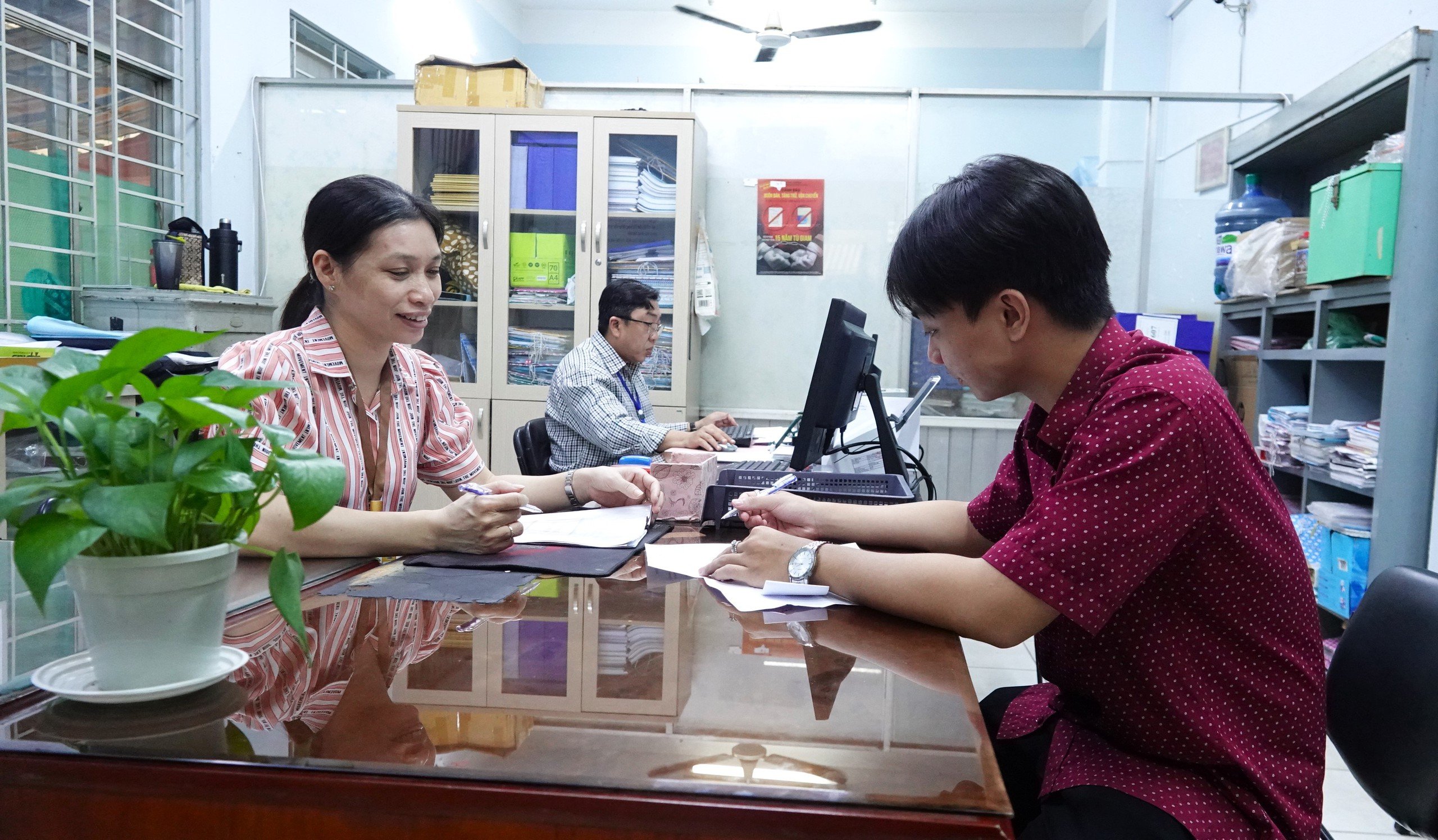
Regarding headquarters, the new Ho Chi Minh City will renovate, repair, upgrade, and expand offices and working headquarters of agencies and organizations in accordance with actual needs and legal regulations; ensure effective exploitation of existing public assets. Research to arrange and select headquarters of redundant agencies to use as headquarters for specialized agencies or as schools serving education and medical facilities.
For surplus public assets, if any, provinces and cities shall develop plans to continue to arrange, use, and transfer to other agencies and units that are currently lacking compared to standards and norms, or organize the liquidation of assets, to avoid loss or waste. Within 3 years, the Ho Chi Minh City People's Committee commits to completing the arrangement and handling of public assets in accordance with regulations.
Source: https://ttbc-hcm.gov.vn/tp-hcm-van-hanh-bo-may-moi-sau-sap-nhap-truoc-15-9-1018618.html





![[Photo] Prime Minister Pham Minh Chinh chairs conference on anti-smuggling, trade fraud, and counterfeit goods](https://vphoto.vietnam.vn/thumb/1200x675/vietnam/resource/IMAGE/2025/5/14/6cd67667e99e4248b7d4f587fd21e37c)



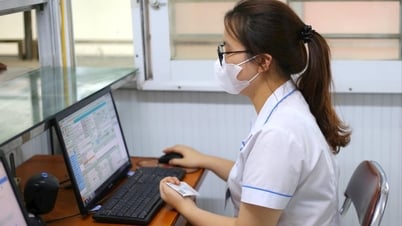

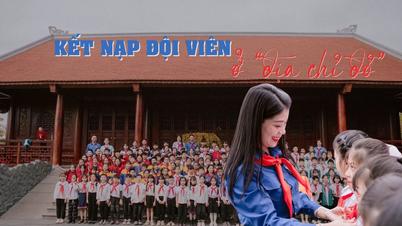

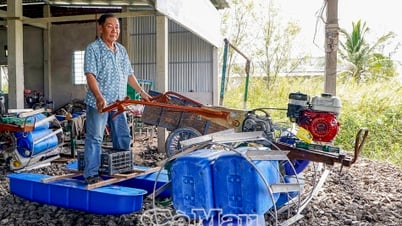

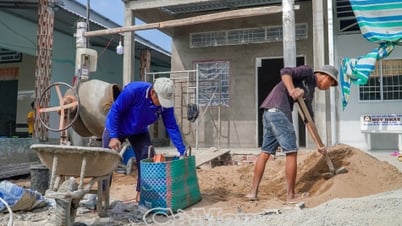
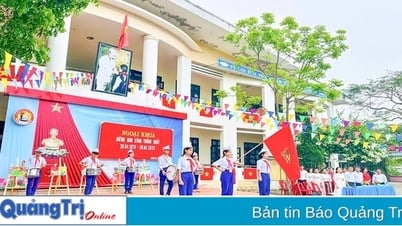






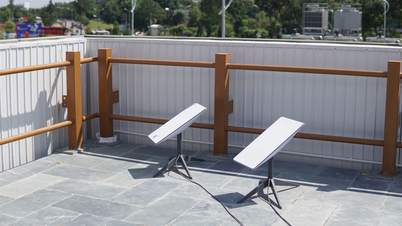
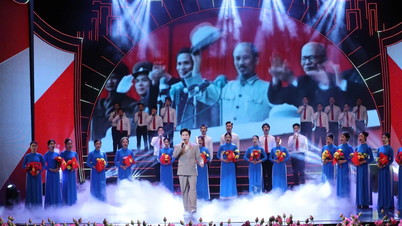

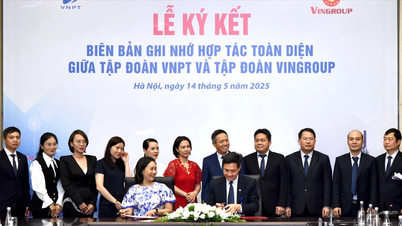
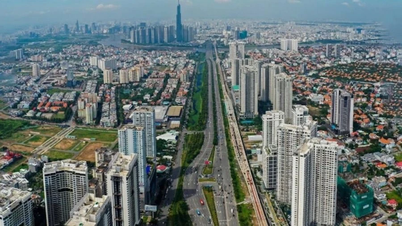
































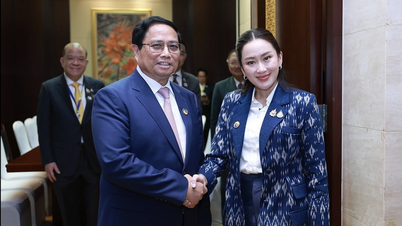
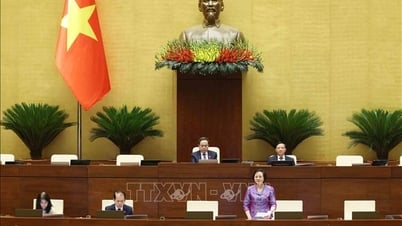

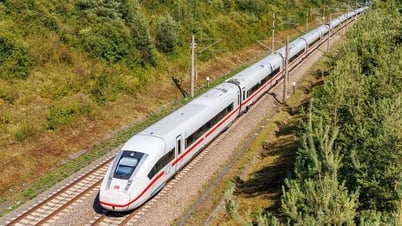















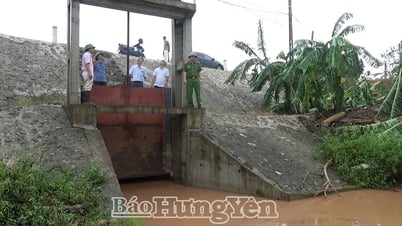



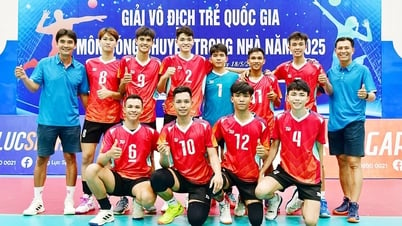










Comment (0)